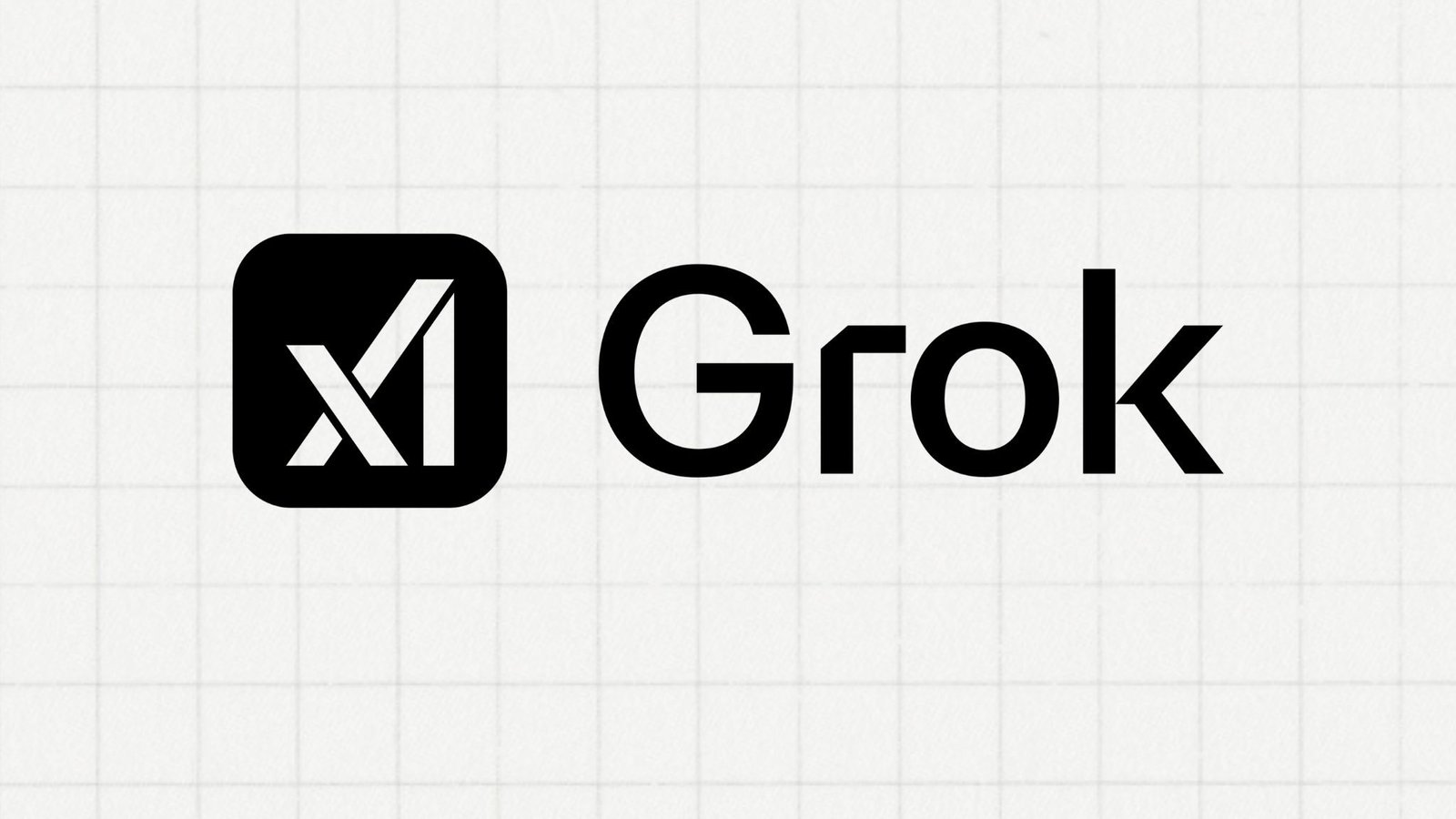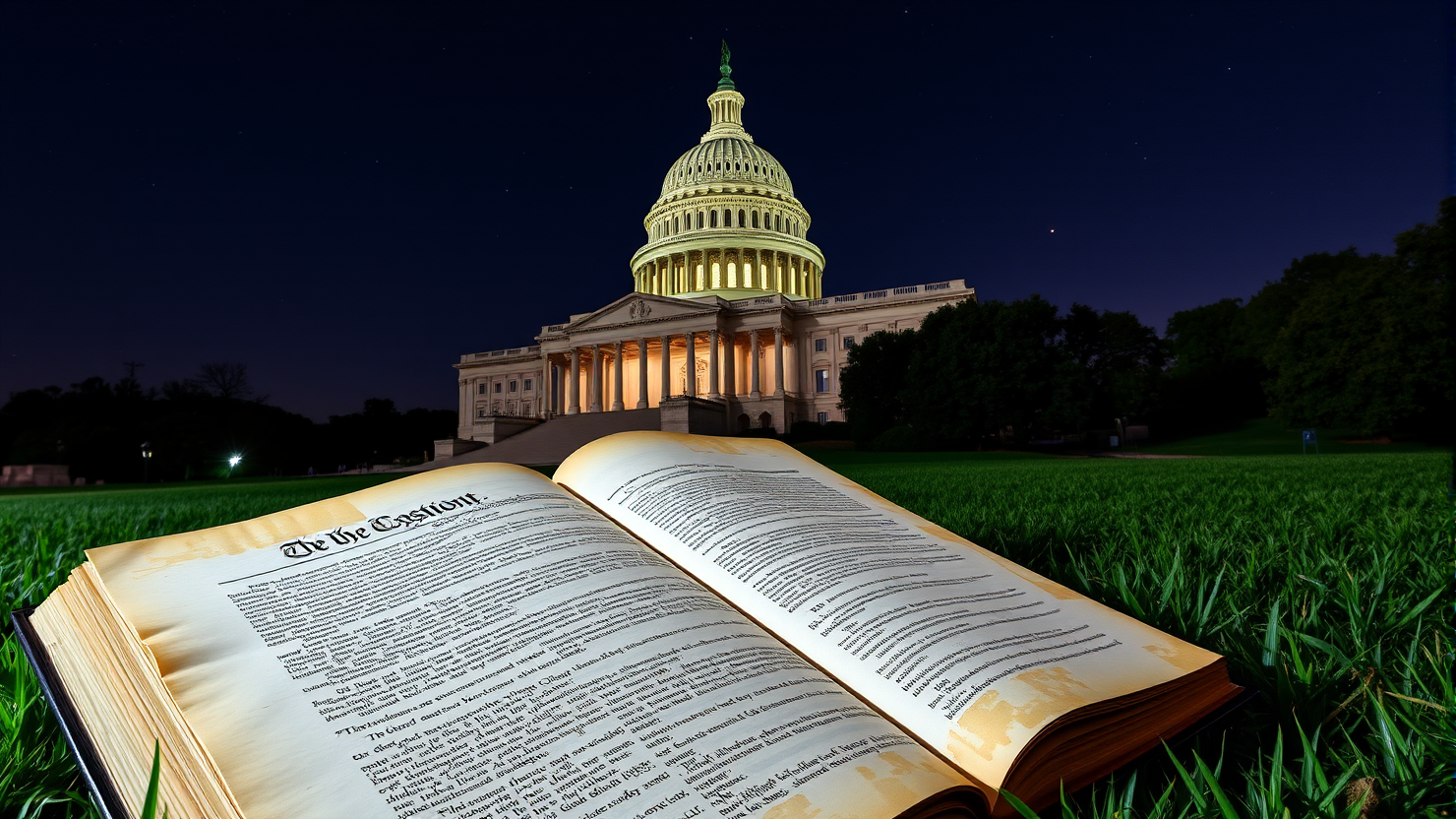California Lawmakers Reach Deal Allowing Uber and Lyft Drivers to Unionize, Promising More Affordable Fares

California lawmakers have reached an agreement with ride-sharing giants Uber and Lyft that will enable app-based drivers to organize into unions and potentially lower ride-hail fares for consumers.
This development marks a significant victory for gig workers, who until now have been classified as independent contractors, denying them certain protections afforded to employees, such as collective bargaining rights.
Governor Gavin Newsom, in conjunction with Senate President Pro Tem Mike McGuire and Assembly Speaker Robert Rivas, endorsed two bills last Friday that establish a framework for app-based drivers to unionize. The legislation, Assembly Bill 1340 sponsored by SEIU California, and Senate Bill 371, spearheaded by Uber and Lyft, aim to empower drivers through increased pay, job security, and other benefits while making ride-sharing more affordable for millions of Californians.
Governor Newsom hailed the agreement as a historic achievement between labor forces and businesses that only California could achieve. He stated that by finding common ground, labor representatives and companies could strengthen drivers’ earning power while reducing ride fares for Californians.
The agreement paves the way for drivers to negotiate improved pay and job protections, among other benefits. In return, state regulators will support legislative measures aimed at mitigating costly insurance coverage mandates that ride-hailing companies are currently obligated to meet. Uber and Lyft have attributed these insurance payments to higher fares in California and lower driver compensation.
Ramona Prieto, Uber’s head of public policy for California, issued a statement expressing satisfaction with the agreement, as Sacramento’s alignment on making ride-sharing more affordable in California paved the way for both critical pieces of legislation to progress together.
The agreement comes several years after Uber, Lyft, and other gig companies spent over $200 million campaigning for Proposition 22, which classified gig workers as independent contractors while offering them limited benefits. Drivers have long complained about the system’s imbalance in power, with companies holding sway over pay rates and deactivations, leaving drivers with limited control over their earnings or working conditions. Supporters of the new agreement believe it could provide drivers with a stronger voice to challenge unfair treatment.
The deal may set precedents for other states. In 2024, Massachusetts voters passed an initiative enabling ride-hail drivers to unionize and bargain for pay, benefits, and working conditions.






